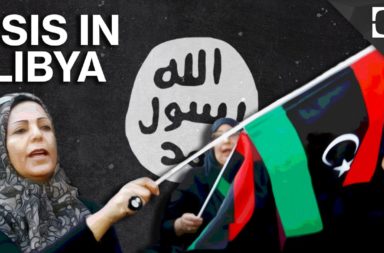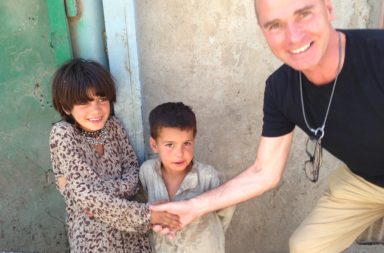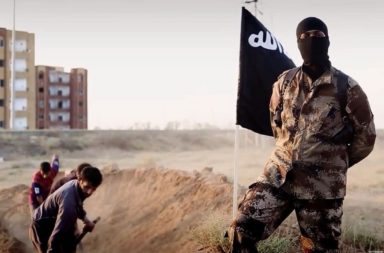The title marked the second day of the International Conference “The fight against terrorism for global security and critical infrastructure protection” organized in Bucharest on 2-3 June 2016 by the think tank MEPEI (Middle East Political and Economic Institute) – Bucharest, EURISC Foundation – Bucharest, the Embassy of the Islamic Republic of Iran in Romania, with a large and important international participation.
The chosen title is made up of two parts, one that is real – Daesh against the world, the second part being more an aspiration than a reality, since in any case the world today is not against Daesh and the forces fighting against this organization are insufficient to defeat it permanently. In fact, the lack of a resolute and united attitude to fight Daesh was the opinion often expressed in the second day of the conference, held by the Chatham House rules.
I remind that a while ago, Turkey said that from a military perspective, Ankara is capable of destroying Daesh within maximum 48 hours (Turkey officially declared Daesh a terrorist organization on 10 October 2013). Why has it not happened yet? One of the reasons is that there is still no firm unitary international position on this issue, and Turkey cannot take a unilateral role, especially by sending troops on the territories of Syria and Iraq (even if has done it in the past).
It seems that the situation of Daesh closely resembles the situation of the Taliban in Afghanistan, but here the situation is somehow more complicated. One of these complications is the Kurdish factor, since the organizations of the Kurdish minority in Syria and Iraq are important opponents of Daesh. Aside from protecting their people from Daesh, the Kurds believe that the fight against this organization will be a good opportunity to achieve a long-sought goal – the creation of a Kurdish state. But Turkey, in the voice of President Erdogan, firmly stated repeatedly that it would not allow the creation of a Kurdish state at its borders.
We also noted that for the settlement of the situation in the region, especially Syria and Iraq, Russia is often presented as a factor to be taken into account, which has real possibilities to contribute to a resolution. A collaboration between Russia and the US for this purpose would be possible and could lead to a solution, but locally it is considered that an agreement between Washington and Moscow will lead to benefits mainly for the two countries and not for the region. This is another element that emphasizes the complexity of the situation and the difficulty of finding a consensual solution. In fact, as far as the US is concerned, we noticed remarks about the American administration no longer being so interested in a greater involvement in the Middle East and anyway, any new American approach to the situation in the region would only be predictable starting from the second half of 2017.
Another element was the possibility of an initiative Russia-Iran for Syria to take place within an international conference (no clarifications have been made on its composition) in Austria, which would help ending the civil war in this country, as an alternative to the Geneva talks, which have gotten, as it was predictable, in a new blockage. Meanwhile, the most recent developments indicate that Daesh has lost an important part of the territories it controlled in Syria (30-50% of the territory), the organization still demonstrating its capabilities in the two bomb attack on 10 June – (a suicide bomber and a car bomb) at Sayyida Zeinab mosque, in the outskirts south of Damascus. Although heavily guarded by the pro-government forces, this mosque was repeatedly the target of attacks.
Other developments include the presence of elements of the US special forces acting against Daesh and recently of elements of the French special forces in northern Syria, supporting the Syrian offensive of the Syrian Democratic Forces (SDF) in the Manbij (Aleppo) region. In a press statement on 10 June, the French Defense Minister Jean Yves Le Drian said that the French support consists of “deliveries of armament, air support and advice”. In our opinion, there are military forces in Syria of various strength and composition from at least five other countries.
There are still many issues and questions to be addressed; the merit of the conference that I attended was to bring them to light. Here are some of them: Why is there still no definition of terrorism unanimously and internationally accepted? How coherent and loyal is security, informative, economic or logistical cooperation between the countries committed in the anti-terrorist campaign, regardless of their geopolitical position and their cultural and religious identity? Why is the blockage of financing, armament and logistical funding against the extremist and radical organizations inefficient? And the series of such questions is much longer…




